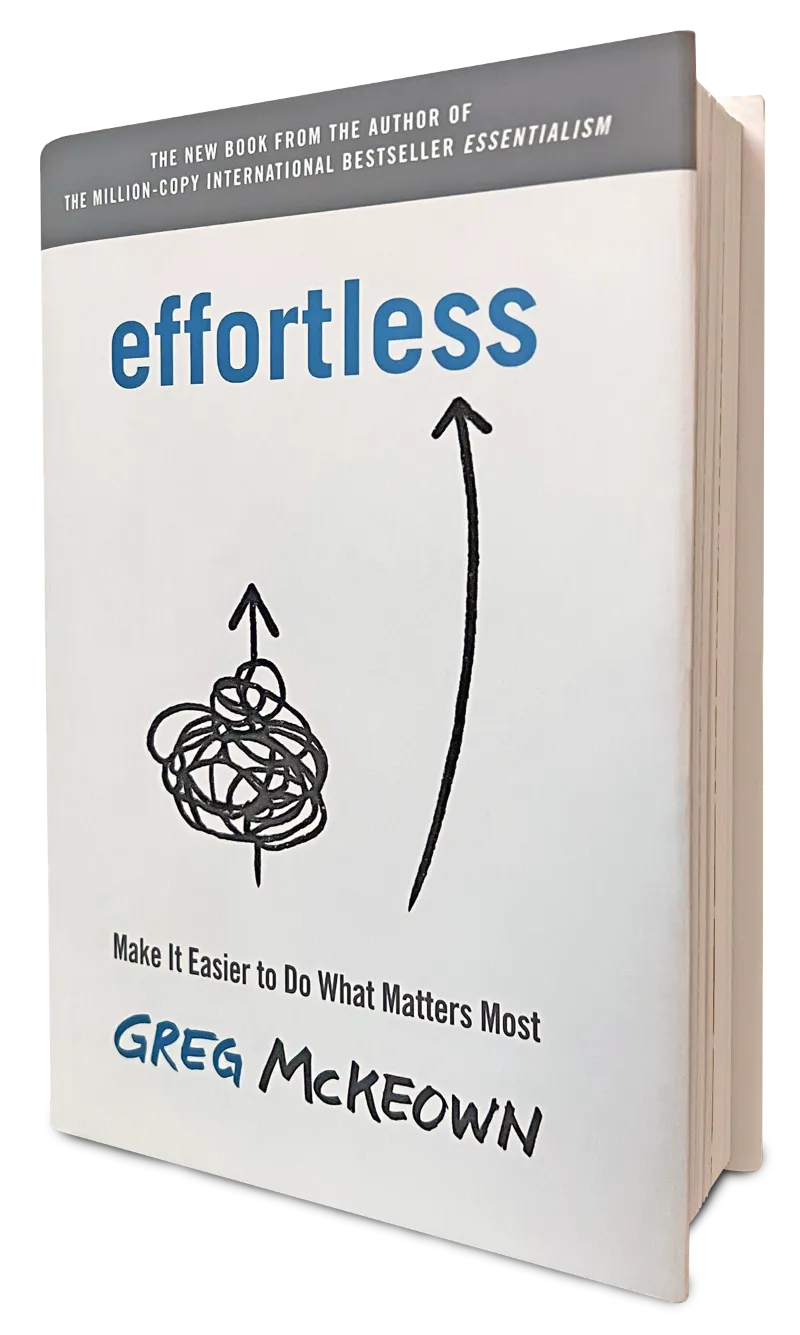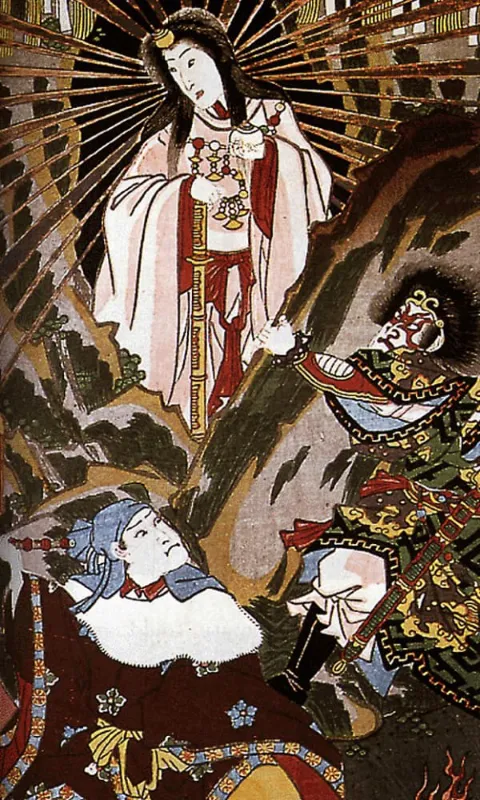Books of 2024
#!
Re-read 1984 again. 1984 is a dystopian novel and cautionary tale by George Orwell. The book was published on Jun 8, 1949 as Orwell’s ninth and final book completed in his lifetime. Thematically, it centers on the consequences of totalitarianism, mass surveillance, and repressive regimentation of people and behaviors within society. More broadly, the novel examines the role of truth and facts within societies and the ways in which they can be manipulated.
C
Chip War: The Fight for the World’s Most Critical Technology by Chris Miller, an economic historian, explains how the semiconductor came to play a critical role in modern life and how the USA become dominant in chip design and manufacturing and applied this technology to military systems. The book focuses on the military power of the USA, especially during the Cold War. It highlights the current rise of chip power by China, Taiwan, Korea, and Europe. This fascinating book paints the current state of politics, economics, and technology and shows how the “chip” plays a vital role.
Integrated Circuit (IC), also known as a microchip, aka the computer chip, or simply the “chip,” is in virtually everything—from humble microwaves to phones to the most complex military devices. The world’s military, economic, and geopolitical power is built on a foundation of computer chips.

E
Effortless: Make It Easier to Do What Matters Most by Greg McKeown is another interesting book and you will like it just as the author’s earlier book - Essentialism. The book stands on its own but I find it as a follow-up to the earlier book. I suggest reading both.
H
How We Got to Now: Six Innovations That Made the Modern World by Steven Johnson is about how six important inventions shaped the world to today. Small ideas have big effects, and that many of the things we use every day came about in surprising and unexpected ways. The book details the history of the six key innovations — Glass, Cold, Sound, Clean, Time, and Light. It explains how each one changed the world in ways that are often overlooked.
I
Invisible Women: Exposing Data Bias in a World Designed for Men by Caroline Criado Pérez talks about the root cause of gender inequality, diving into women’s lives at home, the workplace, the public square, the doctor’s office, and more. The book describes the adverse effects on women caused by gender bias in big data collection.
K

My daughters are fascinated by strange things. Of course, the younger one is influenced by what her sister does. Five years ago, the elder one asked me to get Kwaidan: Stories and Studies of Strange Things by Lafcadio Hearn. I started reading it, and left it. This year, I decided to finish reading the stories. Kwaidan (怪談) is a 1904 ghost storybook that features several Japanese ghost stories. It gave birth to the Oscar®-nominated 1964 Japanese anthology horror film, Kwaidan by Masaki Kobayashi. It was a quick read and easy to sneak in between other books and finish off in a couple of days.
L
Little Women is a coming-of-age semi-autobiographical novel by Louisa May Alcott. The story is loosely based the lives of the author and her three sisters. It details their passage from childhood to womanhood. The novel address three major themes — domesticity, work, and true love, all of them interdependent.
Luka and the Fire of Life by Salman Rushdie.
T
The Accidental Masterpiece: On the Art of Life and Vice Versa by Michael Kimmelman explores art and its significance in our everyday life. It sets a tone inviting readers to reconsider what art is and where it can be found, ultimately suggesting that pursuing art is a way to live a more prosperous, meaningful life. If you like art and want a deeper appreciation for the world around you, this is an excellent book to read. Many world beauties are hidden in plain sight, waiting for us to take notice.
The Anxious Generation: How the Great Rewiring of Childhood Caused an Epidemic of Mental Illness by Jonathan Haidt talks about the spread of smartphones, social media and overprotective parenting have led to a “rewiring” of childhood and a rise in mental illness. This is a good book for parents to read. It explores the collapse of youths’ mental health in the era of smartphones, social media, and big tech and offers a plan for a healthier, more unrestrained childhood. The book centers around Americans but should be applicable wherever kids can access the Internet.
The Autobiography of Benjamin Franklin is the unfinished record of his own life written by Benjamin Franklin from 1771 to 1790. His writing has become one of the most famous and influential examples of an autobiography ever written. Read it at Project Gutenberg.
The Cold Start Problem: How to Start and Scale Network Effects by Andrew Chen features interviews from the founders/teams behind Slack, Clubhouse, Zoom, Twitch, Tinder, Reddit, Uber, Airbnb, PayPal, and more. The book is also available as a free PDF from his website.
The Odyssey by Homer chronicles the journey of Odysseus as he strives to return home to Ithaca after the Trojan War. The story blends myth, heroism, and human struggle. In the final leg of his journey, Odysseus reclaims his throne and reunit with Penelope, embodying themes of perseverance, loyalty, and the longing for home.
The Power of Future Machines: Essays on Artificial Intelligence by Rajiv Malhotra, TN Sudarshan, and Manogna Sastry. This is one of those book that I usually read when nothing was around. I bought it while waitiing for a friend to catch up over tea. The book is a collection of snippets, interviews, and rambling from people who some relationship with Artificial Intelligence. Anyways, who isn’t these days! Stored and kept, and won’t read it again. Personally, it is just not my type of book.
The TATAS: How a Family Built a Business and a Nation by Girish Kuber, and English translation by Vikrant Pande. This was a quick and fast read for me. The book is not Walter Isaacson style writing of a person or a family, but more of a time-series snapshots of the family of the TATAS business empire. An interesting read-it-once book.